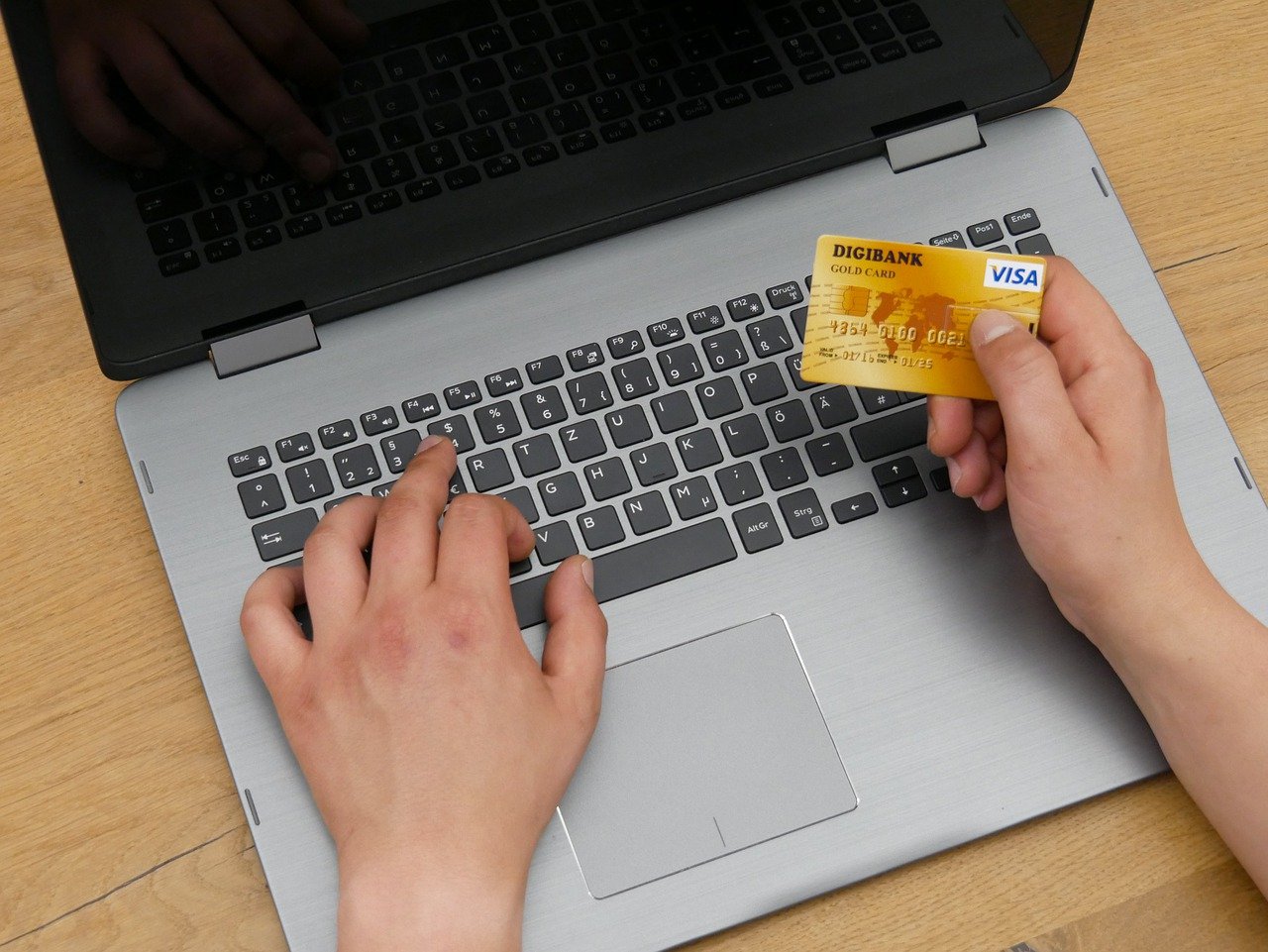
Avoid Transfer Delays: Crucial Bank Details You Must Provide
Bank transfers in the UK have undergone a resurgence in recent years. This is largely because paying via bank can now be done quickly via your phone, and crucially the payments are often settled instantly. Gone are the days when you had to wait interminably for the money to clear!
However, to properly effect a transfer, you need to make sure that you have the correct details. This can vary slightly depending on whether you’re paying friends and family or a business. In this article, we’ll explain exactly what you need to do both.
What personal details do I need for a bank transfer?
The vast majority of bank transfers in the UK are done for personal reasons. You can send and receive money from friends and family quickly and efficiently, making this a perfect way to split bills, send birthday money, or something similar.
To make a personal bank transfer in the UK, you will need the following details:
- Full name of the receiver
- Receiver’s account number
- Receiver’s sort code
- Amount to transfer in GBP
- Date of payment
- Reference (optional)
Apart from the reference, all of this information is mandatory or else the payment can’t be made. Even though it’s optional, you should always consider including a reference so the transaction can be identified by both the sender and receiver.
As banking information is very sensitive, it’s not possible to lookup personal account numbers and sort codes online or through a directory. Instead, the receiver will need to provide them to you privately.
Details for paying a business by bank transfer
While bank transfers are usually preferred for personal transactions, some businesses in the UK accept them too. This has proven to be particularly popular in specific industries where there are clear benefits. Gambling is a good example with online casinos that accept bank transfers being widely used in recent years. Players can save a lot of time by depositing instantly at these sites directly from their account, instead of having to use third-party services.
To pay a business by bank transfer, you need to provide these details:
- Full name of the company
- Business account number
- Business sort code
- Amount to transfer in GBP
- Date of payment
- Reference (optional)
The company should give you their account number and sort code when it’s time to pay for an item. If there are any issues, contact customer support before making any payment to prevent any errors from occurring.
Although the reference is optional, it’s highly likely that you will need to provide one when paying a business. It will often be something like the receipt or invoice number so they can quickly track which customers have paid for their items. If you are asked to include a reference but forget to, it may cause delays with your payment being cleared.
Confirmation of Payee – Making transfers smoother
The introduction of the Confirmation of Payee (CoP) system has revolutionised how bank transfers are handled in the UK. When you’re about to make a transaction, the system will verify the receiver’s details to make sure there are no errors. This happens for both personal and business acounts.
How does it work? After you input the recipient’s name, account number, and sort code, these details are checked for accuracy. You’ll receive one of several possible outcomes:
- Match: The details are correct. You can proceed with confidence.
- Close match: The name you entered is similar to the account holder’s name. You might see the full name of the account holder, so you can decide whether to continue.
- No match: The details do not match and you won’t be able to proceed. You need to double-check the information or contact the recipient.
- Unavailable: It’s not been possible to check the details. Try again or contact the recipient.
Since this system launched, the number of misdirected payments has been massively reduced. It’s now much more difficult to send money to the wrong person, and in fact the system gives you complete confidence that it’s going to the correct person when CoP finds a match.
What to do if a payment goes wrong
Despite bank transfers being faster and safer than ever before, it’s still possible for issues to occur. Maybe you accidentally sent too much money or selected the wrong recipient by accident.
Even if you know the receiver, the first thing to do is contact your bank. Although most transactions are instant, it’s possible that the payment can still be cancelled.
If you know the receiver then you should also get in touch with them straight away to let them know the problem. If it’s a case of too much money being sent or to the wrong receiver outright then they might be able to send it you back.
If for any reason you can’t contact the receiver, get in touch with your bank’s support so they can open an investigation. In the best cases, they can return the funds to you directly. Of course, if anything ever seems suspicious, make sure to contact the bank immediately so they can safeguard your account.



 Bitcoin
Bitcoin  Ethereum
Ethereum  Tether
Tether  XRP
XRP  Solana
Solana  USDC
USDC  TRON
TRON  Lido Staked Ether
Lido Staked Ether  Cardano
Cardano  Avalanche
Avalanche  Toncoin
Toncoin